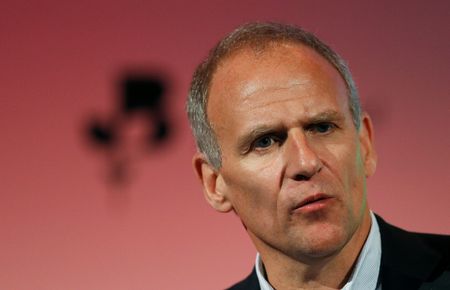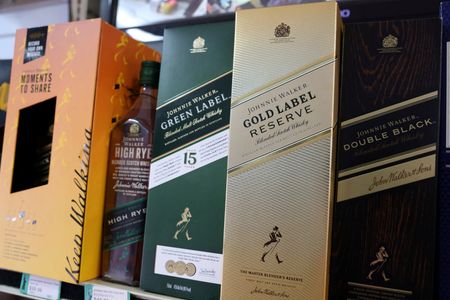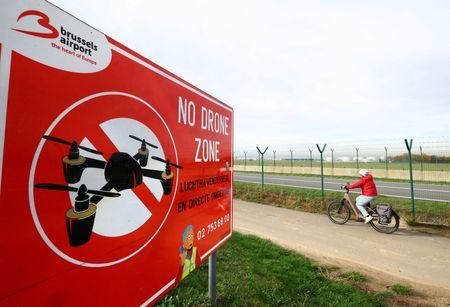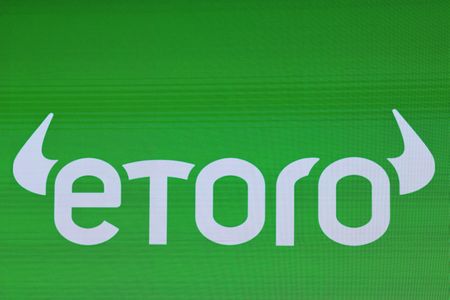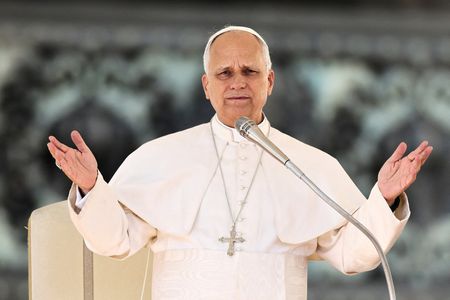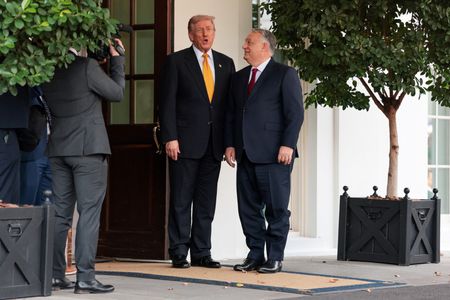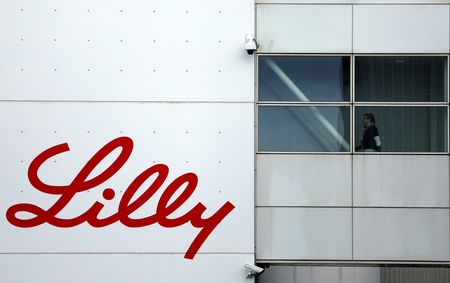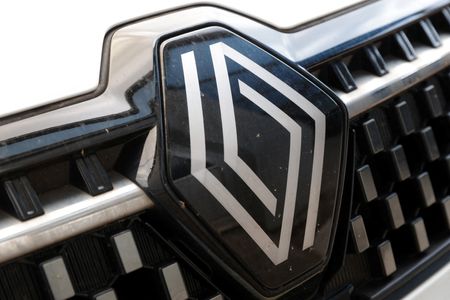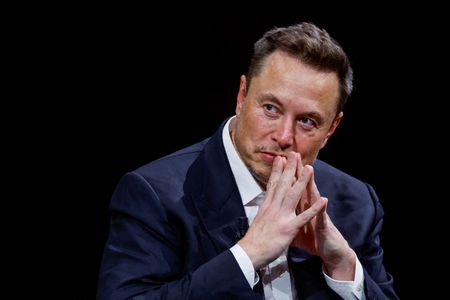By Yadarisa Shabong
(Reuters) -Diageo’s incoming CEO Dave Lewis, known in financial circles as “Drastic Dave” for his sweeping turnaround of businesses, will put his reputation as a cost-cutter to the test when he joins the world’s largest spirits maker in January with the challenge of lowering its debt and reigniting sales.
The maker of Johnnie Walker whisky appointed former Tesco boss Lewis as its CEO on Monday, turning to an outsider to revive growth during a challenging period.
With Diageo’s net debt standing at around 3.4 times EBITDA as of June, investors and analysts expect Lewis to prioritize cost reductions and asset disposals to shore up the balance sheet. In September, Fitch Ratings changed Diageo’s credit rating outlook to “negative”, a prelude to a possible downgrade.
However, industry valuations are compressed near historic lows as U.S. imposes tariffs on alcohol imports and younger consumers retreat from alcohol purchases.
“It’s probably not the best time to be actively flogging assets,” said Fintan Ryan, analyst at stockbroking firm Goodbody. “But I think that’s still going to be part of the strategy for the deleveraged profile going forward,” he added, saying that in-country assets would typically be easier to sell than some of the more global franchises.
Diageo could consider selling regional businesses such as East African Breweries, its Chinese baijiu business, the Ypióca cachaça brand in Brazil, and its Turkish raki operations, Ryan said. A sale of star brand Guinness, on the other hand, or the 34% stake in Moet Hennessy, part of French luxury conglomerate LVMH, is however unlikely.
“There is a lot of talk about Guinness potentially being sold, but that’s not a decision that will be taken lightly, and Lewis might argue that asset sales are the second phase of a turnaround after sorting out day-to-day problems,” AJ Bell head of markets Dan Coatsworth said in a note to clients.
In May this year, Diageo interim CEO Nik Jhangiani had said these assets were not part of an asset sale plan.
A source close to Diageo said the company’s growth and profit are really in North America, but Jhangiani seemed more focused on Asia, Africa and South America.
TEMPTATION TO CUT DIVIDENDS
With the M&A landscape not looking favourable, some investors say there could be a strong temptation for Lewis to cut shareholder returns to give himself flexibility.
Fresh from joining Tesco, Lewis completely scrapped dividends for the 2014-2015 period to give the British grocer more firepower to reignite growth.
“Whether you call it ‘kitchen sinking’ or simply accepting the reality of an over-leveraged balance sheet, there is a chance we could see a dividend cut that may help the business in the longer term,” said Chris Beckett, consumer staples analyst at Quilter Cheviot, a Diageo investor, adding this would however impact shares in the short term.
Diageo joins a growing number of consumer goods companies struggling to navigate a slowdown in demand and elevated debt levels, while market participants question the conglomerate model.
In any case, investors will have to wait until the company reports its half-year results in February to get a taste of how Lewis intends to shape the $53 billion company.
“The bit that you’d want him to really focus on is where the brands need some attention, how the marketing is spent, how those brands are positioned,” Beckett said.
(Reporting by Yadarisa Shabong in Bengaluru and Abigail Sommerville in New York; Editing by Lisa Jucca and Aurora Ellis)

